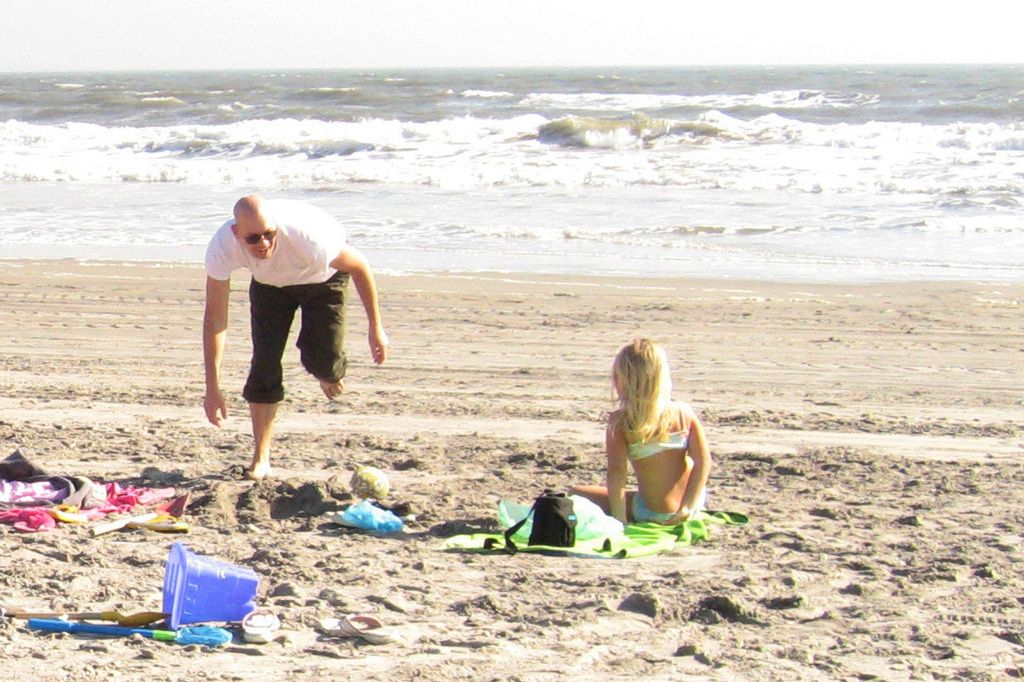Overindulgent Parenting: Unexpected Consequences and Its Potential Negative Impact on Children's Development
Navigating parenting in today's high-pressure world can be tricky. Love, instinct, and protective impulses guide us, but there's a fine line between nurturing and overstepping. Overparenting—a pattern of excessive involvement—is that line we might accidently cross.
Overparenting isn't about showering your kid with love; it's about doing too damn much! It's a compulsion to control every aspect of your child's life, smoothing out hurdles before they even feel a bump. Common signs include:
- Micro-managing academic and extracurricular activities
- Solving every problem for them
- Making decisions, even in their teen or college years
- Shielding them from discomfort, failure, or disappointment
Good intentions often drive these actions. You wanna shield them from the difficulties you faced, secure their success, and always have their back. But, hey, sometimes our best attempts can backfire!
Overinvolvement can hinder growth, limiting their opportunities to learn independence and resilience. Like a muscle left weak due to lack of resistance, kids miss out on essential lessons in personal strength.
Here's the lowdown on how overparenting can screw 'em up:
1. Diminished Confidence
When parents always swoop in, kids get the message loud and clear: "I can't do this on my own." This saps their self-belief, fosters risk-aversion, and sparks an over-reliance on external validation.
2. Sucky Coping Skills
Life's a bumpy road with setbacks, failures, and stress. If you shield them from the ride, they miss out on building emotional endurance. This means they might find even minor challenges overwhelming as they grow up.
3. Skyrocketing Anxiety
Ironically, trying to eliminate anxiety-inducing situations can make kids more anxious. By internalizing the idea that the world is a scary, unpredictable jungle, they're more likely to develop an anxiety disorder.
4. Delayed Life Skills
Adult competencies—like doing laundry, managing time, self-advocacy—aren't learnt by magic at 18. Overprotected kids might enter adulthood lacking essential life skills.
5. Strained Relationships
Overparenting can corrode the trust between parent and child. Kids may resent the lack of autonomy, feel smothered, or experience communication breakdowns, leading to rebellion, withdrawal, or a damaged bond.
But, fear not! Stepping back doesn't mean stepping away. Here's how to strike that balance:
Let Them Try (and Fail)
Encourage kids to take risks, experience failure, and learn from it in safe, age-appropriate situations. Mistakes are stepping stones on the path to growth.
Ask, Don't Fix
Instead of offering solutions, ask them what they think they should do. Empowering kids to problem-solve builds decision-making skills and fosters independence.
Teach, Then Trust
Show them how to do things, then let them try it out. From tying shoes to managing a project, taking a hands-off approach promotes competence.
Normalize Discomfort
Discomfort isn't to be avoided; it's part of life. Help kids understand that feelings like disappointment, boredom, awkwardness are temporary and manageable.
Ultimately, what kids need isn't perfect parents, but present, thoughtful, and self-aware ones. Overparenting shows affection, but when caring morphs into micro-managing, we risk raising adults who feel ill-prepared for real life. So, let them grow—their way, at their pace.
- Overparenting, a pattern of excessive involvement in a child's life, can hinder personal growth, as it might lead to diminished confidence in the child's ability to handle challenges independently.
- By shielding children from discomfort, failure, or disappointment, parents may inadvertently be hindering their development of essential life skills involved in health-and-wellness, such as coping skills and emotional endurance needed to navigate various aspects of lifestyle, including family-dynamics and relationships.
- Regular overinvolvement in a child's life can create strained relationships between the parent and child, potentially leading to increased anxiety in kids due to their internalization of the notion that the world is an unpredictable, frightening place.








